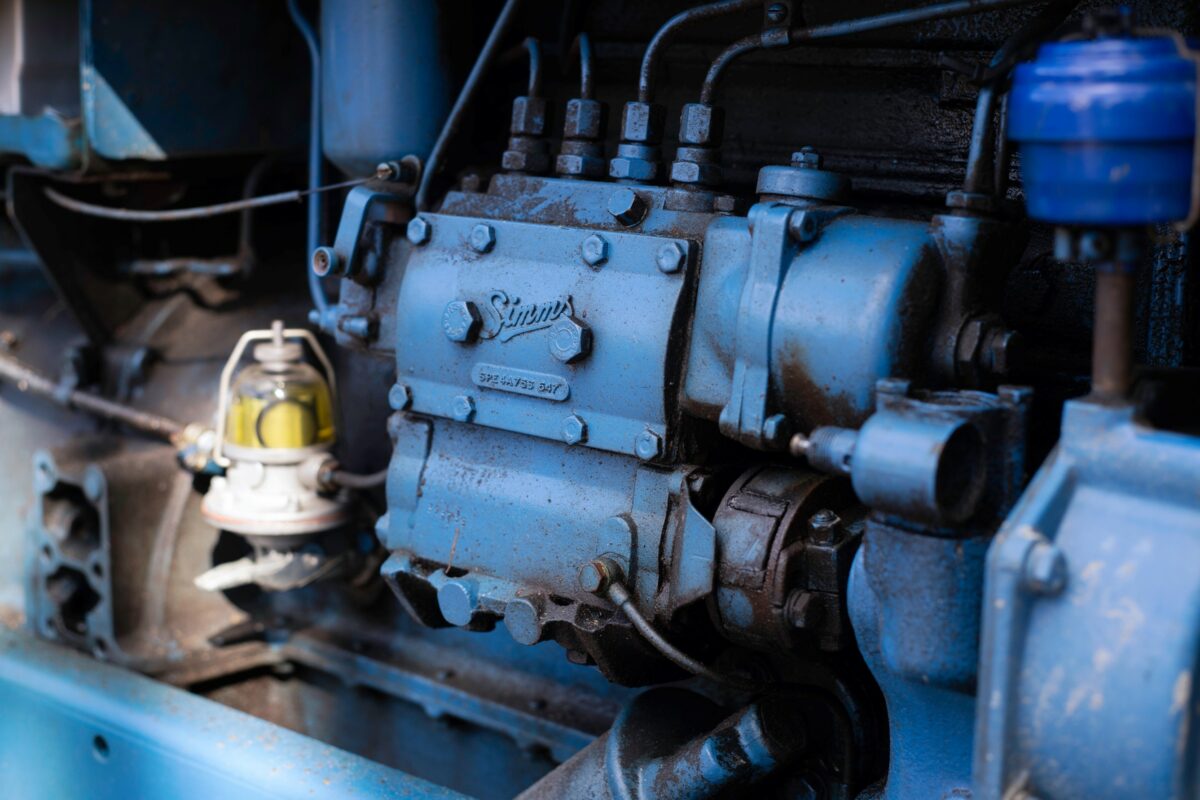BLOG
EPA Announces Increased Enforcement for Clean Air Act Violations by Operators of Stationary Engines
- #EPA
- #Health & Safety

On August 29, 2022, the U.S. Environmental Protection Agency (“EPA”) published an enforcement alert stating discovery of several violations of…
On August 29, 2022, the U.S. Environmental Protection Agency (“EPA”) published an enforcement alert stating discovery of several violations of Clean Air Act requirements by owners and operations of stationary engines. EPA regulations applicable to stationary engines include the National Emission Standards for Hazardous Air Pollutants (“NESHAP”) for Reciprocating Internal Combustion Engines (40 C.F.R. Part 63, Subpart ZZZZ); New Source Performance Standards (“NSPS”) for Stationary Compression Ignition Internal Combustion Engines (40 C.F.R. Part 60, Subpart IIII); and NSPS for Stationary Spark Ignition Internal Combustion Engines (40 C.F.R. Part 60, Subpart JJJJ). The enforcement alert identifies the following NESHAP and NSPS violations acknowledged by inspectors in recent investigations: (1) Failure to retrofit existing engines with necessary pollution controls; (2) Emergency stationary engines participating in “demand response programs,” which nullifies the emergency status of the engines; and (3) Failure to perform required testing following installation of pollution controls. The purpose of the enforcement alert is to put owners and operators of specific sources on notice that EPA is preparing to increase enforcement. Accordingly, owners and operators of stationary engines should take immediate action to confirm their compliance with regulatory requirements.
EPA recommends that owners and operators of stationary engines take steps to:
- Review EPA’s resources about stationary engines, available at https://www.epa.gov/stationary-engines, which include interactive tools to determine which regulations may apply to your engine.
- Review the requirements of potentially applicable NESHAP and NSPS regulations and confirm which apply based on such factors as the age, size, and location of the engine, and the type of fuel used.
- Determine the need for an emissions control system.
- Determine whether the engine has a Certificate of Conformity from the manufacturer.
- Evaluate compliance with emission and operating limitations, as well as recordkeeping and reporting obligations.
- Consider replacing older engines with new, cleaner engines or converting to grid power.
Owners and operators should also evaluate whether it would be beneficial for their operation to take advantage of EPA’s Audit Policy, which can offer significant penalty reduction for self-disclosed violations.
Source: